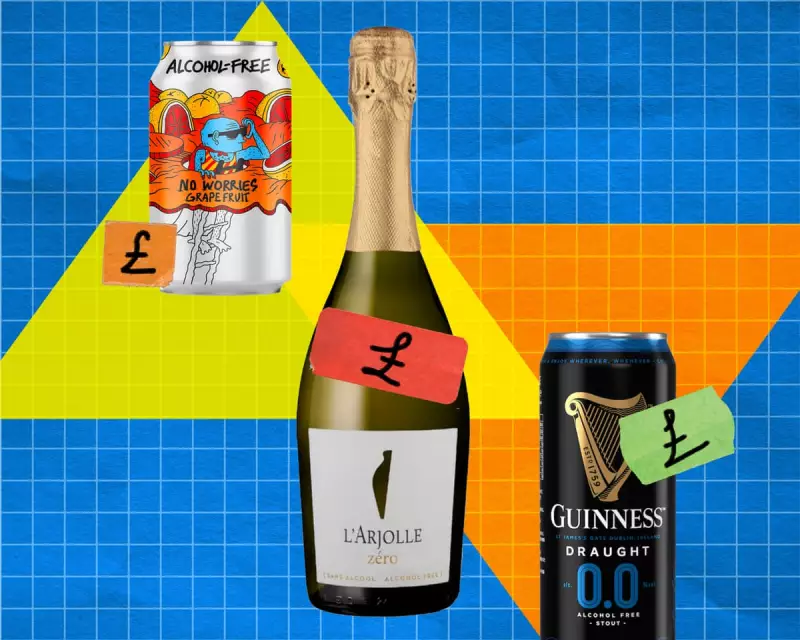
Walk down any supermarket aisle in Britain today and you'll find an expanding selection of alcohol-free alternatives that promise all the sophistication of their alcoholic counterparts, but with one surprising feature: price tags that often match or even exceed them.
The Premium Paradox
Why do drinks containing zero alcohol carry such substantial costs? The answer lies in a perfect storm of complex production methods, premium positioning, and significant research and development investment. Unlike simply removing alcohol from existing products, many brands create their non-alcoholic offerings from scratch using expensive ingredients and intricate processes.
What's Driving the Cost?
Sophisticated Production Techniques
Creating convincing alcohol-free spirits involves methods like vacuum distillation and cold brewing that preserve delicate flavours without alcohol. These technologies don't come cheap, and the costs are inevitably passed to consumers.
Premium Ingredients and Positioning
Many non-alcoholic brands position themselves as luxury products, using exotic botanicals, sophisticated packaging, and marketing that emphasises quality over cost-saving. This premium approach justifies higher price points.
The Tax Advantage Myth
While alcohol-free drinks avoid the substantial alcohol duty that can account for up to 70% of a bottle's cost in some alcoholic spirits, this saving is often absorbed by the higher production expenses rather than passed to consumers.
Consumer Willingness to Pay
The growing 'sober curious' movement and health-conscious consumers have created a market willing to pay premium prices for quality alternatives. Whether for Dry January, sober occasions, or lifestyle choices, Brits are demonstrating that value isn't solely measured by alcohol content.
The Future of Non-Alcoholic Pricing
As the market matures and production scales up, prices may gradually decrease. However, for now, the combination of artisanal production, premium positioning, and consumer demand means that going alcohol-free doesn't necessarily mean going budget-friendly.






